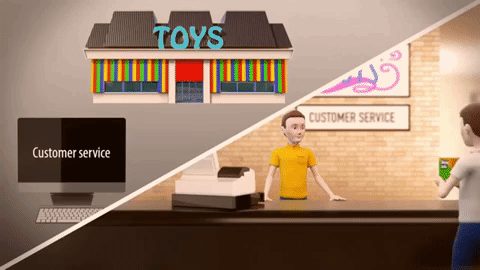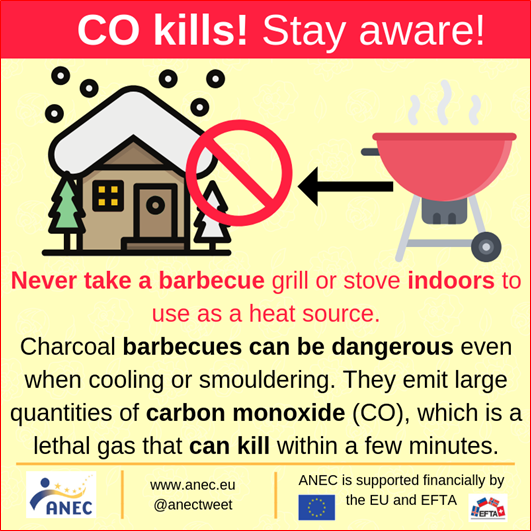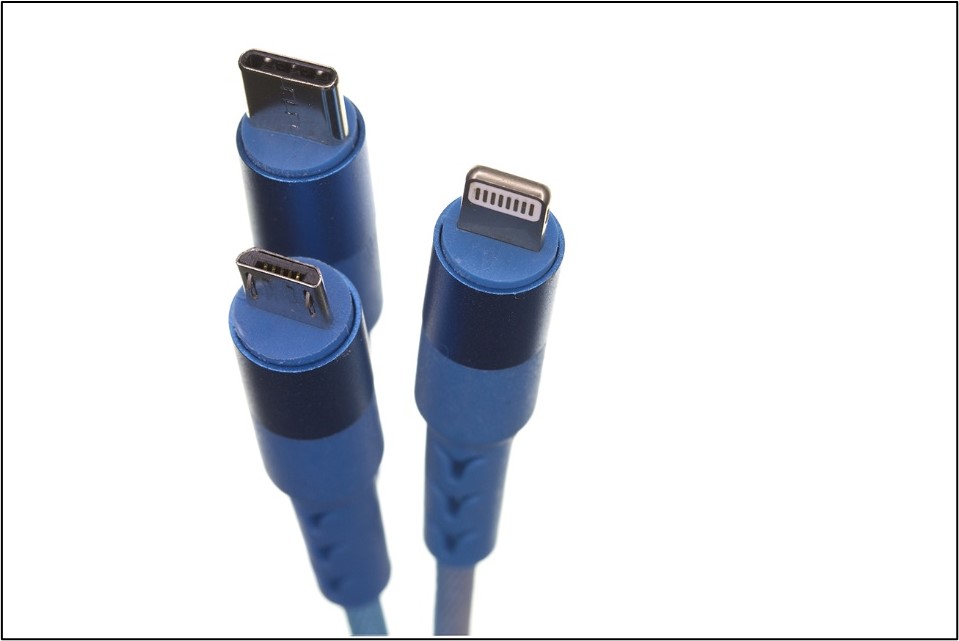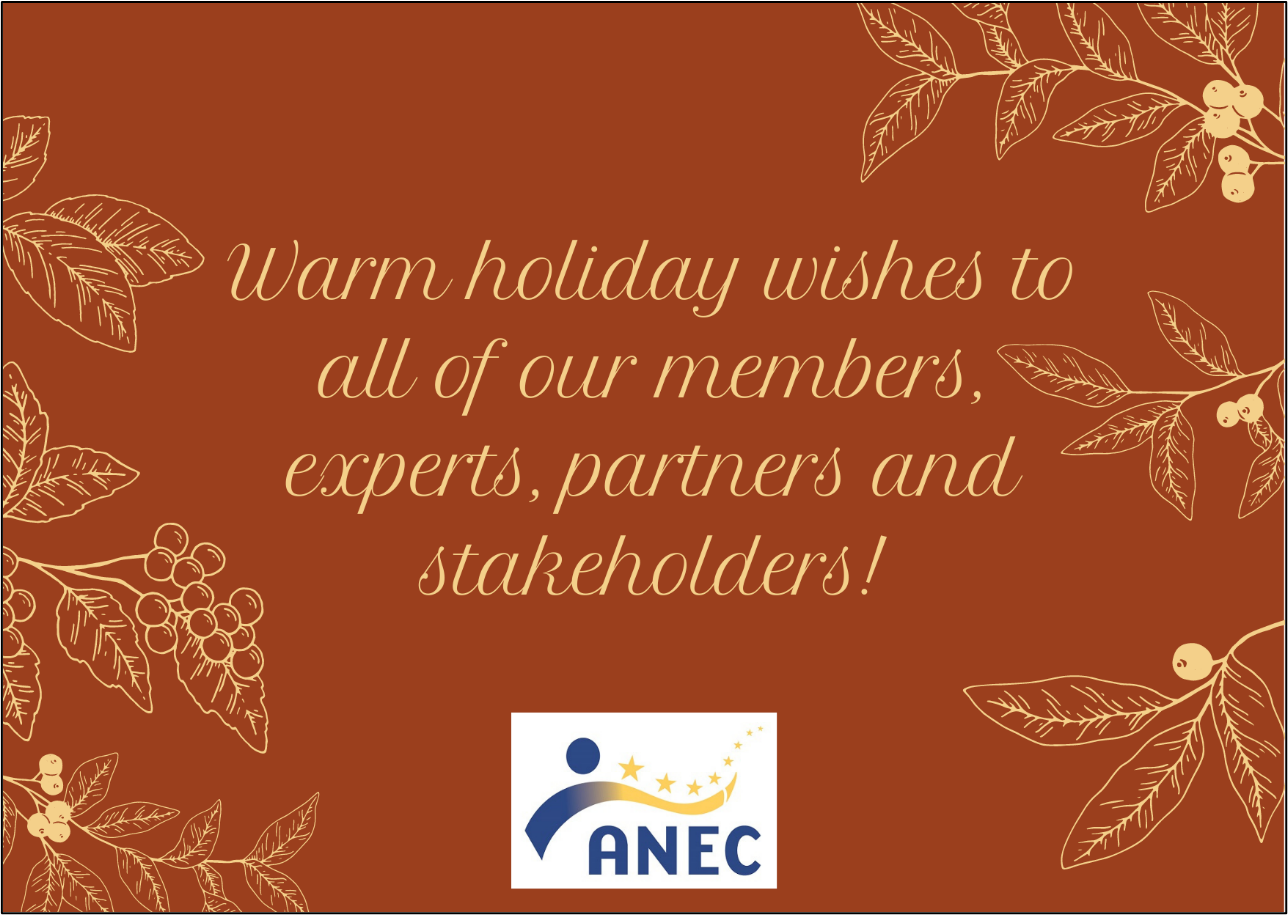Lead story
EU Standardisation Strategy confirmed for New Year
ANEC understands that the EC will adopt the long-awaited Standardisation Strategy on 26 January. The Strategy will be accompanied by the Annual Union Work Programme (AUWP) for 2022 and the latest Article 24 report from the EC under the provisions of Regulation (EU) 1025/2012, the Standardisation Regulation.
Following a public consultation on the Roadmap for the Strategy during the summer – which saw answers from around 140 respondents, including ANEC – we also understand there will be no proposal to revise the Regulation, but a ‘technical amendment’ to aid the governance of the European Standardisation System, especially in facilitating development and citation of Harmonised Standards.
ANEC’s response to the Roadmap can be found at https://bit.ly/3E7h3Zt.

Horizontal
"Keeping consumers safe from dangerous products"
In November, ANEC and BEUC published a common position paper (https://bit.ly/3qYuXsw), as an update to our earlier recommendations on the development of the General Product Safety Regulation, taking into account the draft legislation as well as its impact assessment.
In June, the EC presented its legislative proposal for a General Product Safety Regulation (GPSR) as the successor to the General Product Safety Directive (GPSD) of 2001. BEUC and ANEC welcomed the proposal, as it takes into account many of our recommendations with regard to improving market surveillance and better addressing new technologies.
However, in order to ensure a high level of safety and consumer protection in the EU internal market, as well as a consistent legislative framework that can tackle emerging challenges, we and BEUC have made the following recommendations for consideration in the upcoming negotiations:
- the role of online marketplaces in the supply chain must be acknowledged: their status and obligations must be those of importers to make sure they can be ultimately held liable for product safety violations;
- the safety net function of the current legislation framework needs to be safeguarded;
- a proper system of accident and injury data collection must be established;
- the use of more rigorous conformity assessment modules than the manufacturer’s self-declaration must be allowed for certain, higher-risk products;
- the co-legislators should ensure the EC will be given power to adopt specific implementing measures in support of improved consumer protection and welfare.

International Volunteer Day – 5 December
On 5 December, we celebrated International Volunteer Day. ANEC wouldn't be ANEC, and its success would be unimaginable without the hard work of our many volunteer experts and our members. A massive thank you to all of them!

Child Safety
ANEC wants standard on cigarette lighters revised
EN 13869:2016 ‘Lighters - Child safety requirements for lighters - Safety requirements and test methods’ was out for Systematic Review until 2 December. Our answer to the Review was that the standard should be revised.
The definition of ‘child-appealing lighter’ in EN 13869:2016 excludes lighters printed or decorated with logos, labels, decals, artworks or heat shrinkable sleeves. This means that, although lighters are not allowed to have shapes or animations that may be appealing to children, they are allowed to feature pictures of (for example) Mickey Mouse or Minions. We would like to see this changed so that not only the shape, but also the appearance (lighters that are printed or decorated with logos, labels, decals, artworks or heat shrinkable sleeves), is covered by the definition.

Toy Safety Tips from ANEC and TIE for the festive season
In November and December, ahead of Black Friday, Saint Nicholas and Christmas, ANEC & TIE (Toy Industries of Europe) joined forces again in an online campaign featuring our common video with tips for buying safe toys: (https://bit.ly/3IsldNy).

Accessibility
ANEC Accessibility WG meets
The ANEC Accessibility WG met on 30 November 2021. Experts focused on standardisation work on the access and usability of the built environment; access to the Information Society by older persons and persons with disabilities; assistive products & services, and eAccessibility.
The review of EN 81-22 ‘Safety rules for the construction and installation of lifts – Lifts for the transport of persons and goods - Part 22: Electric lifts with inclined path’; our proposal for cognitive accessibility standards; as well as our comments on the draft Standardisation request under the European Accessibility Act (EAA) were also among the topics discussed. Moreover, a presentation on the draft SReq for the EAA was given by the EC. The conclusions of the meeting identified action points intended to raise the accessibility of products and services through standards during the coming period.

Domestic Appliances
A reminder on the safe use of barbecues
As accidents involving carbon monoxide (CO) are more common during the colder months, ANEC reminded consumers on social media never to use a charcoal barbecue indoors as a heating source, because of the risk of carbon monoxide poisoning. (https://bit.ly/3ou0jp9).

Domestic Appliances & Services
EU Fire Safety Week
EU Fire Safety Week was held from 29 November to 2 December to raise awareness on fire safety issues to legislators, to engage stakeholders to share best practices within EU Member States, and to formulate recommendations about data, legislation and standards related to fire and electrical safety.
During the webinar “Realise EU-Wide data on residential fires”, ANEC supported the need for EU-wide data to prevent fires & re-iterated its call to EU policy makers to create a legal basis for a pan-EU accident an injury database.

Digital Society
ANEC panellist at ENISA Cybersecurity Certification event
On 2 December 2021, Chiara Giovannini, ANEC Deputy Secretary-General, participated in the panel discussion, ‘IoT Certification: dotting the i's and crossing the t's’, during the recent ENISA Cybersecurity Certification event. The panel noted how concern about security risks is hindering development of the IoT market, agreeing on the need for mandatory baseline requirements to protect consumers and offer a level-playing field for business.
Ms Giovannini reviewed the differences between market access requirements and voluntary certification schemes, stressing the roles played by each in ensuring cybersecurity. In terms of requirements, she referred to ETSI EN 303 645 ‘Cyber Security for Consumer Internet of Things: Baseline Requirements’ to which ANEC contributed.
In our view, there need to be effective sanctions and market surveillance to counter false claims. Also, many of the widespread risks concerning the lack of cybersecurity may not affect the individual consumer directly, but rather create a collective cybersecurity risk.
An example is consumer IoT devices used as part of a botnet to launch attacks on high-risk targets. The owner of the individual device will not know that the device is compromised, and the perceived individual risk would be very low.
The ENISA Cybersecurity Certification Conference aimed at bringing together the EC, public authorities in the Member States, accreditation, and conformity assessment bodies, as well as standardisation bodies, vendors and users to discuss implementation of the Cybersecurity Certification Framework.

ANEC Digital Society WG meets
The biannual meeting of the ANEC Digital Society WG was held remotely on 28 October.
The EU policy developments were discussed, with focus on the expected EU Standardisation Strategy, and draft Annual Union Work Programme (AUWP) 2022.
Among other topics discussed were the ANEC proposal for citizen services in smart cities; our position on draft SReq under the European Accessibility Act; Privacy and cybersecurity standardisation.
Last, but not least, we were pleased to have been joined by a representative from the EC who gave a presentation focused on the SReq to support the Radio Equipment Directive (RED, Directive 2014/53/EU).

Universal mobile chargers
ANEC replied to the public consultation on the proposal for an amendment of the RED to make common chargers mandatory (https://bit.ly/30OY9HG). The consultation was open until 18 November.
We welcome the EC proposal to amend the RED (2014/53/EU) to address common chargers as it takes into account many of the comments we have made in the past.
In our response, we made further proposals in order to seek the highest practicable level of interoperability, and reduction in waste.
The effective standardisation of charging equipment for as many devices as possible, and a requirement for consumers to have the option to make an informed choice on whether to buy a new charging set with a new product, will be beneficial to both consumers and the environment.

The AI Act must put fundamental rights first!
ANEC joined around 120 other civil society organisations in a collective statement (https://bit.ly/3rXQgev) to call for an EC proposal for an AI Act to addresses the structural, societal, political & economic impacts of AI uses.
By fostering mass surveillance and amplifying some of the deepest societal inequalities and power imbalances, AI systems are putting our fundamental rights and democratic processes and values at great risk. That is why the European Union (EU) institutions’ proposal for an AIA is a globally significant step. But the AIA must address the structural, societal, political and economic impacts of the use of AI. This will ensure that the law is future-proof, and prioritises the protection of fundamental rights.
ANEC believes standards can play a key role provided certain conditions are met, above all the inclusiveness of the standardisation process.

Sustainability/Chemicals
(Non) compliance with chemicals legislation
The European Chemicals Agency (ECHA) has released a report on a Europe-wide enforcement project which shows more than three-quarters of products marketed online were found to be non-compliant with EU chemicals regulations by national authorities. Of 2.600 products checked, more than 1.800 contained CMR substances. Moreover, restricted phthalates were found in plastic toys, and cadmium in jewellery (https://bit.ly/31Z12X5).
The report asks that the EC “makes marketplaces responsible and liable for enforcement of illegal products/offers, especially from sellers outside the EU”.
This echoes one of the recommendations of the Report on Enforcement and Compliance (https://bit.ly/3dSDaGZ) that was developed by the High Level Roundtable (HLR) on the Chemicals Strategy for Sustainability, adopted by ANEC and other members of the HLR at its 2nd meeting on 25 November (https://bit.ly/3dSDaGZ). ANEC Secretary-General Stephen Russell, and Sherpa Claus Jørgensen, both participated.
A set of Ambassadors’ reports, with activities carried out by each member organisation of the HLR, was also published on the occasion of the meeting (https://bit.ly/3GOkwfE).

Traffic & mobility
Low-emission vehicles – improving the EU’s refuelling/recharging infrastructure
In answer to an EC public consultation on low emission vehicles (https://bit.ly/3dJg1qn), ANEC strongly supported moving towards forms of mobility that are sustainable, energy-efficient, respect the environment and benefit human health (https://bit.ly/3oNsOyk).
Technical innovations such as EVs, Intelligent Transport Systems (ITS), and other Smart Mobility solutions, will contribute to achieving this goal. However, we do not see these as the only solution, and believe it is key to recognise more traditional pathways towards more sustainable mobility, such as encouraging creation of dedicated environments for cycling, e-cycling and other modes. We also believe consumers must have clear information on the impact of their mobility choices (Personal Battery/Electric/Combustion/Hybrid Vehicles vs Public Transport).

News from ANEC member countries
Denmark
New tests from THINK Chemicals
Wet wipes are practical on the go, but can also contain perfumes and substances harmful to the environment.
The Danish Consumer Council THINK Chemicals has carried out new tests that examine the ingredients and unwanted chemicals in wet wipes (https://bit.ly/3DYlowL).
The Council also examined problematic carcinogens in yoga mats (https://bit.ly/3dSETMt), which are of special concern bearing in mind the long periods of time a yoga practitioner is in contact with the mat.
All articles and tests from THINK Chemicals can be found at https://bit.ly/3hC8ool.

Season's Greetings

| List of meetings 2021 |
For comments or if you wish to write an article for the ANEC Newsletter, please contact: Marijana ANTAROROVA (This email address is being protected from spambots. You need JavaScript enabled to view it.).


